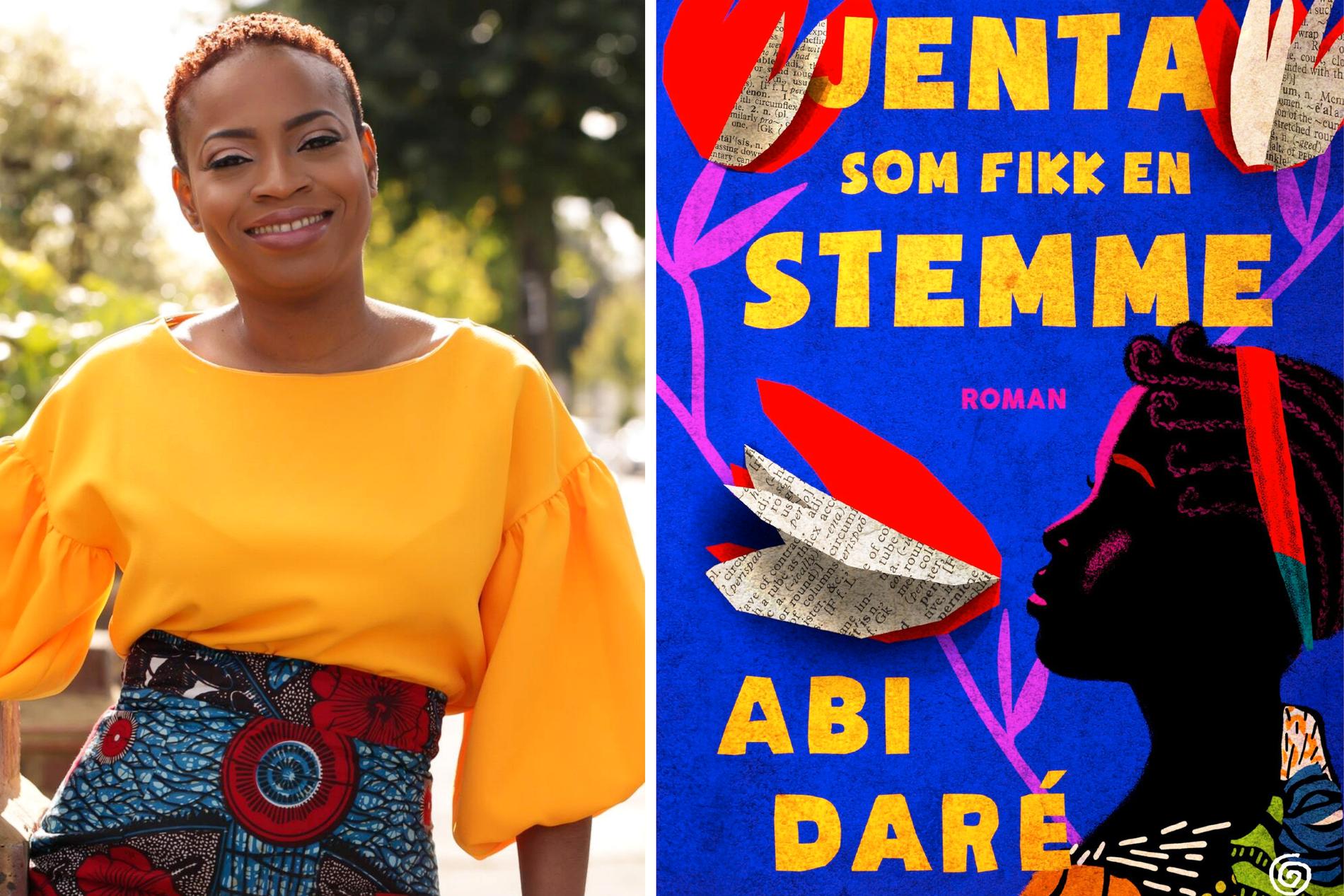“The girl who got a vote” is entertaining and a little predictable – with language that elevates the novel.
The author Abi Daré grew up in Lagos, Nigeria, now lives in Great Britain, and in his debut book has stretched a canvas that is certainly fascinating to read, but which at the same time makes you ask yourself questions along the way.
We meet Adunna (14) who lives in the Nigerian countryside. She wants to become a teacher to teach others, but has been taken out of school.
The reader follows her through various phases of life – will she ever reach her dream?
After Mama’s death, Papa cannot afford to pay school fees for his daughter Dunna, and she is married off as wife number three to an older man. She is not popular with the first wife, but becomes friends with the second wife – who is expecting a child and is full of anxiety about not giving birth to a boy.
It doesn’t end well for the second wife at all, and Adunna has to get away with what she thinks is a good helper – who promises her both a better life with school and a salary that he will take care of.
Adunna arrives in a wealthy home in Lagos, as a maid with bone-chilling work from early morning to late night, with a rich and domineering Big Madam and her husband Big Daddy who try their hand at Adunna.
But what has happened to Adunna’s predecessor, the maid who disappeared?

also read
Lucinda Riley’s son completed his mother’s series: – Actually an impossible task
OSLO (VG) – Actually an impossible task, says Harry Whittaker (30) about completing his late mother’s last book.
The big house does have helpers for Adunna, but the distinction between good and evil becomes obvious, and the reader understands where it leads.
The exciting thing about the novel is the language, which is written in Adunna’s words, a broken English.
It is funny and good and eloquent – with Adunna’s use of words and in-depth descriptions of environments and landscapes or the images of language in Adunna’s thoughts and reactions.
The translator Ragnhild Eikli must have had a demanding job, but also a fun one, in conveying the broken English into the Norwegian language.
At one point, Adunna asks: “Why do you shut your teeth behind iron gates?” about the braces of the good helper Tia with a T-shirt with “Girls rule”. And Adunna learns a lot from Big Madam’s rich library.
The poor life of a young girl in a patriarchal culture is described in detail, but the many references to facts, despairing and surprising statistics from Nigeria do not take the book over into any socially critical genre.
The many references remain a somewhat stuck-on frame and detached. Daré herself is a resourceful woman with a high education and, according to interviews, has taken up the maids’ situation after reading about a Nigerian girl who had boiling water poured over her.
The rendering of Adunna’s old world and the encounter with wealth, from tap water to the internet and another world, is well depicted, but gives a bit of a top-down feel.
However, the reader notices some twists and turns, such as when Adunna can finally move on and leaves the key in the rich man’s home:
“It feels good to give the cage of fear back to Big Madam.” Girls rule.
Reviewed by: Guri Hjeltnes
2023-04-30 08:15:00
#Fascinating #entertaining #Book #review #Abi #Daré #girl #voice


